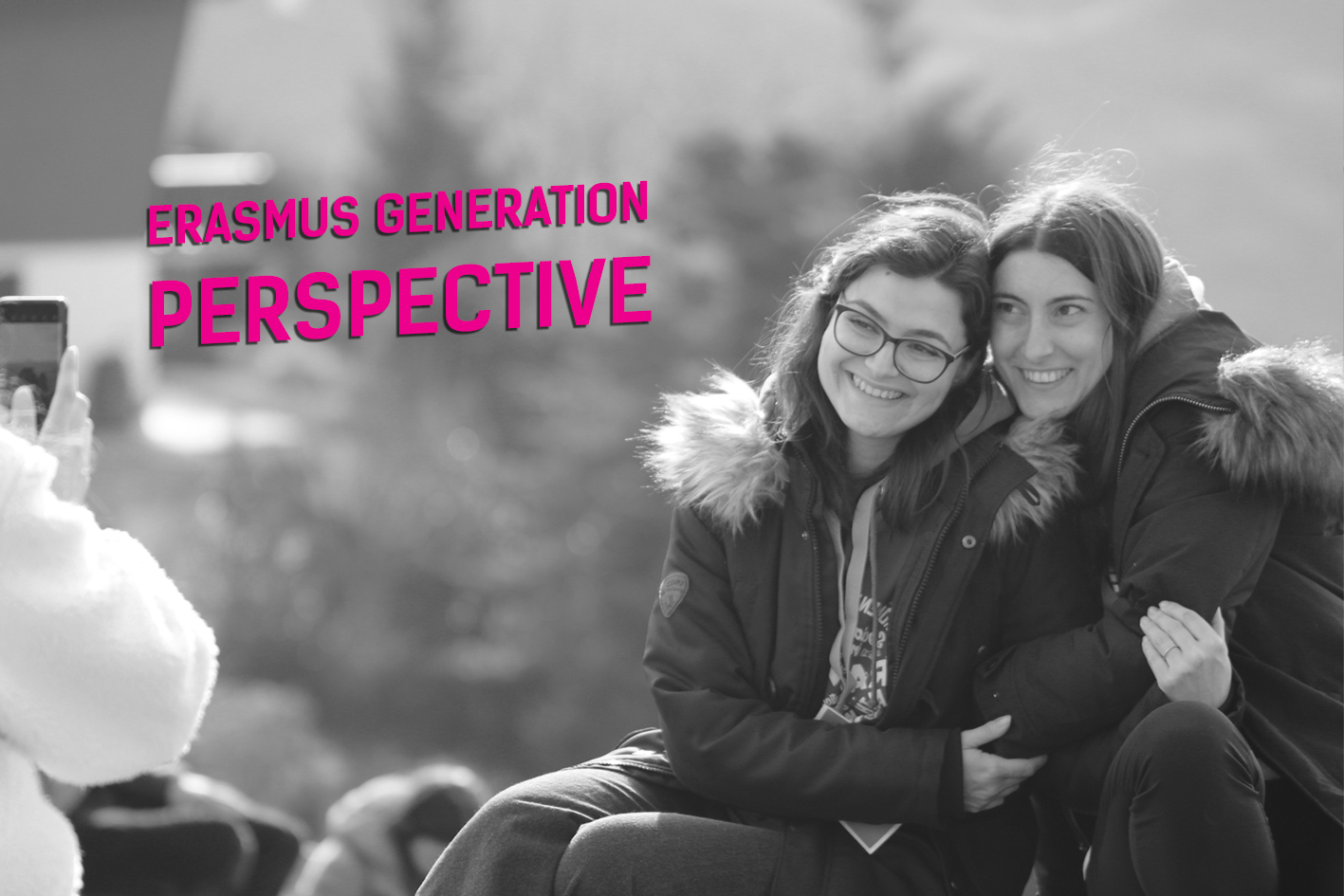
*Erasmus Generation Perspective articles are written by ESN volunteers to share the student voice on current policy developments in the field of international education. The text represents the authors' individual perspective and not an official statement of the Erasmus Student Network.
Young People Shape the Future of Europe - this is the name of the digital event that, on the 24th of February 2022, brought together over 100 young people from different organisations, including an Erasmus Student Network (ESN) delegation, and gave them the opportunity to actively shape the future of all Europeans. This event was organised in the framework of the 25% Project and based on its report “Change Starts with Us”, which is the result of the engagement of more than 2,000 young Europeans and the subsequent collection of their ideas about the future of Europe.
The event was structured around four main working groups, all related to themes that are very close to the ESN Causes and principles: climate change and sustainability; jobs, labour market, employment and social rights; education and digital transition; European democracy and values, migration and EU in the world. In the first phase, the participants worked together to draft concrete demands for policy change in their assigned thematic areas, with the help of the facilitators from the European Youth Parliament; in the final phase, the policy recommendations were presented to members of the Plenary of the Conference on the Future of Europe. The results of the work were finally collected in the final report, which has been recently published.
The impact of this event is evident: young people had the opportunity to actively lay the foundations for the future developments of Europe through their ideas and recommendations, and their collective effort has been heard and will be supported. Furthermore, the report is the mirror of the necessities of young people and an indication of what the relevant stakeholders and institutions need to work on to meet their needs.
It is interesting to notice that the Erasmus+ programme, learning mobility and education are frequently mentioned in the report and are considered vital instruments for the improvement of the conditions of all European citizens and the solution of problems in the four identified areas (25% Project, 2022). The job of ESN, both at the International and National Level, becomes of greater importance and its activities, initiatives and advocacy work constitute an even more fundamental point of reference for the European youth and institutions.
In this context, the recommendations proposed by the working group on European Democracy and Values, Migration and EU in the World have close ties with ESN, and specifically mention the Erasmus+ programme, arguing that it is a soft power tool that «[…] should be expanded and better funded. Also, information on the Erasmus+ programme should reach all youth, exams taken abroad should be better recognised and ties between youth must be fostered.» (25% Project, 2022, p. 12). In addition to this, there is a clear interest in the concepts of European citizenship, cohesion and commitment and the perceived need to boost the cultural initiatives to better inform and educate young people in EU matters and procedures, increasing in this way their informed interest and active involvement in the decision-making processes. As a complement to these recommendations, the working group on Jobs, Labour Market, Employment and Social Rights stresses the right of learning mobility for everybody, the importance of better youth labour laws and the necessity to consider inclusion and diversity in the allocation of EU funds.
The proposals of the working group on Education and Digital Transition express the need for better digital accessibility and education, both to provide everybody with the same skills and ensure that digital exchange is always a possibility. In relation to this aspect, it is specified that «online learning and digital exchanges cannot replace physical ones. However, digital exchange should be one of many possibilities, especially for students with special needs or fewer opportunities, and may lead later to physical mobility.» (25% Project, 2022, p. 8).
The above-mentioned recommendations are very direct , and they complement each other, expressing the desire of the European youth to increase funds and opportunities for the Erasmus+ programme and learning mobility (both physical and digital), while at the same time strengthening measures to enhance inclusive approaches and European citizenship education. These ideas are only part of a wider set of recommendations which include more aspects and thematics, but it is particularly relevant to understand how much importance young Europeans attribute to the Erasmus+ programme and in general mobility programmes, their role and possibilities. For these reasons, it is fundamental that the work involved in this project does not stop with the report itself: this needs to be disseminated and employed for advocacy both at the European and National Level as the mirror of the needs of the European youth, the Erasmus Generation.

Follow ESN